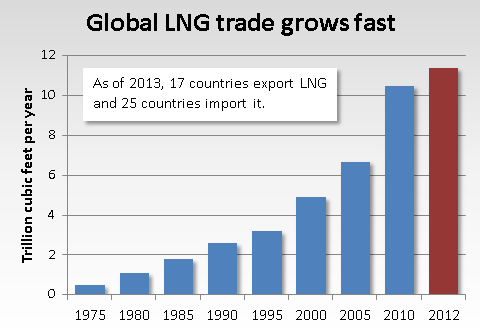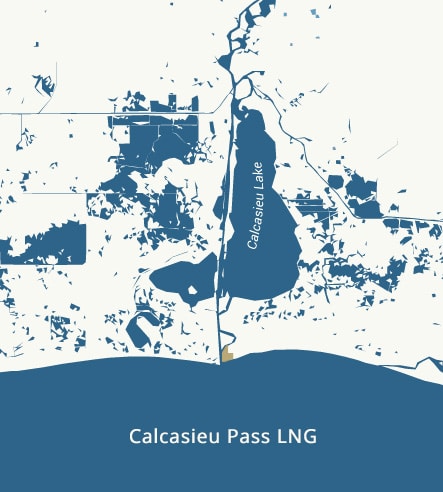

Turkey has long term take-or-pay agreements for natural gas arriving in Turkey via pipelines from Russia, Iran, and Azerbaijan. became the largest supplier of LNG to Turkey and the second largest supplier of natural gas after Russia. Turkey imports roughly 60 bcm of natural gas per year. Demand for subsea production wells and pipelines provide U.S. Turkey may make investments on floating storage and regasification unit (FSRU) vessels as well. Turkey plans to continue oil and gas exploration in the Black Sea and Eastern Mediterranean Sea, requiring investment in offshore oil and gas exploration vessels, drilling, and production platforms. MENR plans to deliver natural gas from these resources to the national NG pipeline network in 2023. drilling and gas production equipment manufacturers/suppliers are competitive in this area. The Turkish Petroleum Corporation has been procuring offshore drilling and production equipment for use in the Black Sea.
#VENTURE GLOBAL LNG STOCK PRICE FULL#
Domestic oil production in southeast Turkey and some natural gas production in Thrace currently accounts for just 7% of demand, however Turkey’s recent offshore natural gas discovery in the Black Sea, reportedly amounting to 540 bcm (billion cubic meters), is expected to meet at least 20% of Turkey’s natural gas demand at full production capacity. Turkey is a net importer of oil and gas to the tune of $45 billion annually. Note: Above figures do not include LNG and Natural Gas Imports (just the equipment and services) Source: Ministry of Energy and Natural Resources, State Institute of Statistics. (total market size = (total local production + imports) - exports) Units: $ millions Total Market Size for Oil and Gas in Turkey Economic Development Organizations (EDO).




 0 kommentar(er)
0 kommentar(er)
